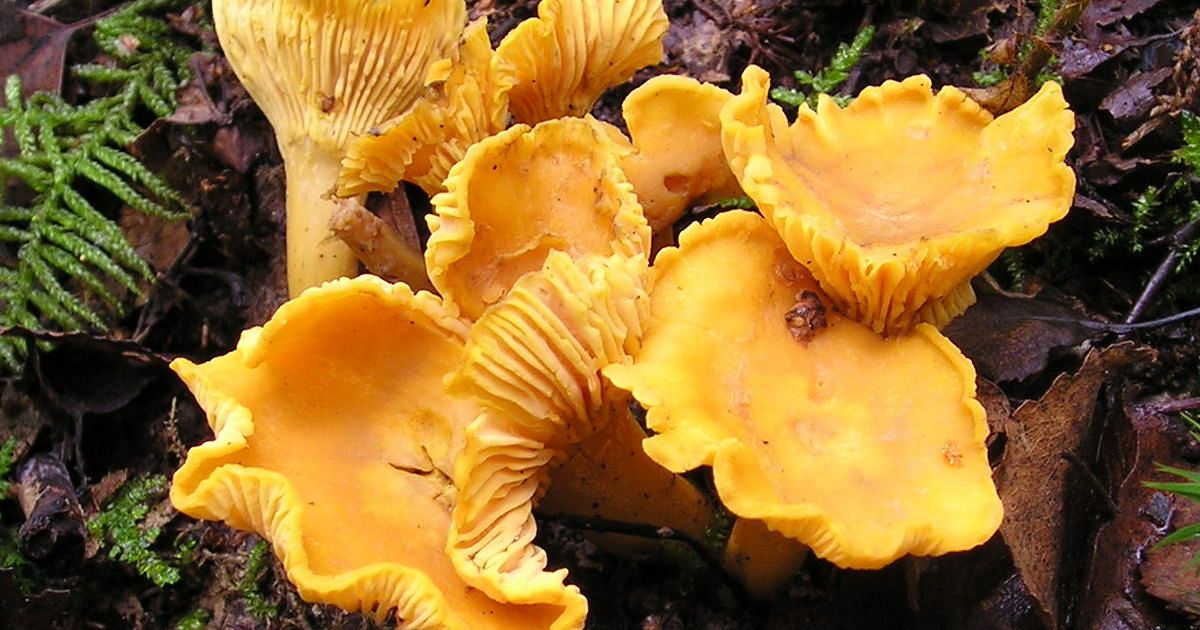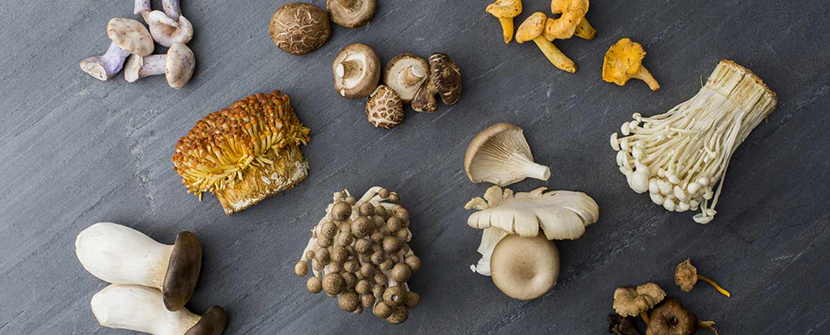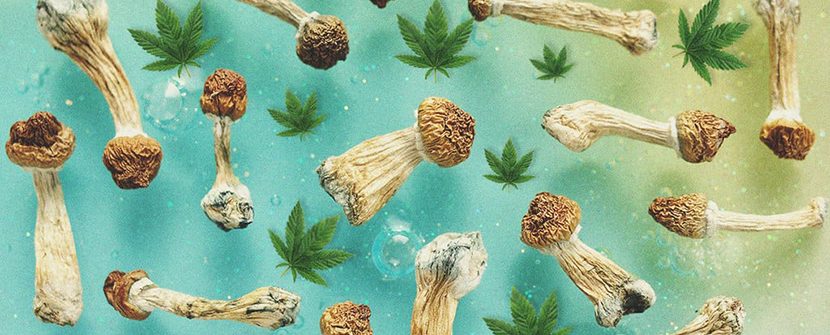Menopause is a significant transitional phase in a woman's life, marked by hormonal changes and various physical and emotional symptoms. As women seek natural alternatives to support their well-being during this time, mycotherapy, the use of medicinal mushrooms, offers a promising avenue. In this blog post, we will delve into the ways mycotherapy can potentially support women during menopause, providing natural remedies to alleviate symptoms and enhance overall health.
Hormonal Balance
During menopause, hormonal fluctuations, particularly the decline in estrogen levels, can lead to bothersome symptoms such as hot flashes, mood swings, and sleep disturbances. Certain medicinal mushrooms possess adaptogenic properties that may help regulate hormone levels and promote balance. Reishi, for instance, has been traditionally used to support hormonal health and relieve symptoms associated with hormonal imbalances.
Relief from Hot Flashes and Night Sweats
Hot flashes and night sweats are common symptoms experienced during menopause, causing discomfort and sleep disruptions. Medicinal mushrooms like chaga and cordyceps offer potential relief due to their adaptogenic and antioxidant properties. These mushrooms may help regulate body temperature and mitigate the intensity and frequency of hot flashes and night sweats.
Emotional Well-being
Menopause can bring about emotional changes, including increased stress, anxiety, and mood swings. Medicinal mushrooms such as lion's mane and reishi have been studied for their potential mood-enhancing and stress-reducing effects. They may support emotional well-being, promote relaxation, and improve cognitive function, helping women navigate the emotional ups and downs that can accompany this phase.
Bone Health Support
Estrogen decline during menopause can increase the risk of osteoporosis and bone-related issues. Several medicinal mushrooms, including shiitake and maitake, contain essential minerals like calcium, magnesium, and potassium that are vital for maintaining bone density. Polysaccharides found in these mushrooms have also shown potential in promoting bone health. Incorporating these mushrooms into the diet may provide valuable support for bone health during menopause.
Cardiovascular Health
Estrogen plays a protective role in cardiovascular health, and its decline during menopause can increase the risk of cardiovascular issues. Medicinal mushrooms like reishi and cordyceps have demonstrated potential cardiovascular benefits, including regulating blood pressure and managing cholesterol levels. Incorporating these mushrooms into a balanced diet may support heart health and reduce the risk of cardiovascular complications during menopause.
Energy and Vitality
Fatigue and decreased energy levels are common complaints during menopause. Medicinal mushrooms like cordyceps have long been used to enhance vitality, improve stamina, and combat fatigue. Their adaptogenic properties may help increase energy levels, promote endurance, and support overall physical performance during this phase of life.
Closing Thoughts
As women navigate the transformative phase of menopause, mycotherapy offers a natural and holistic approach to support their well-being. Medicinal mushrooms provide potential benefits by promoting hormonal balance, relieving symptoms such as hot flashes and night sweats, supporting emotional well-being, enhancing bone health, and boosting cardiovascular health and energy levels.
It is important to note that mycotherapy should complement medical advice and prescribed treatments. Consulting with a healthcare professional is crucial to ensure personalized guidance based on individual needs and medical history. Additionally, sourcing high-quality medicinal mushrooms and determining appropriate dosage are key factors for achieving optimal results.
Embracing the healing potential of medicinal mushrooms through mycotherapy can empower women to navigate menopause with grace and vitality, fostering a sense of well-being and allowing for a smoother transition into the next chapter of life.







